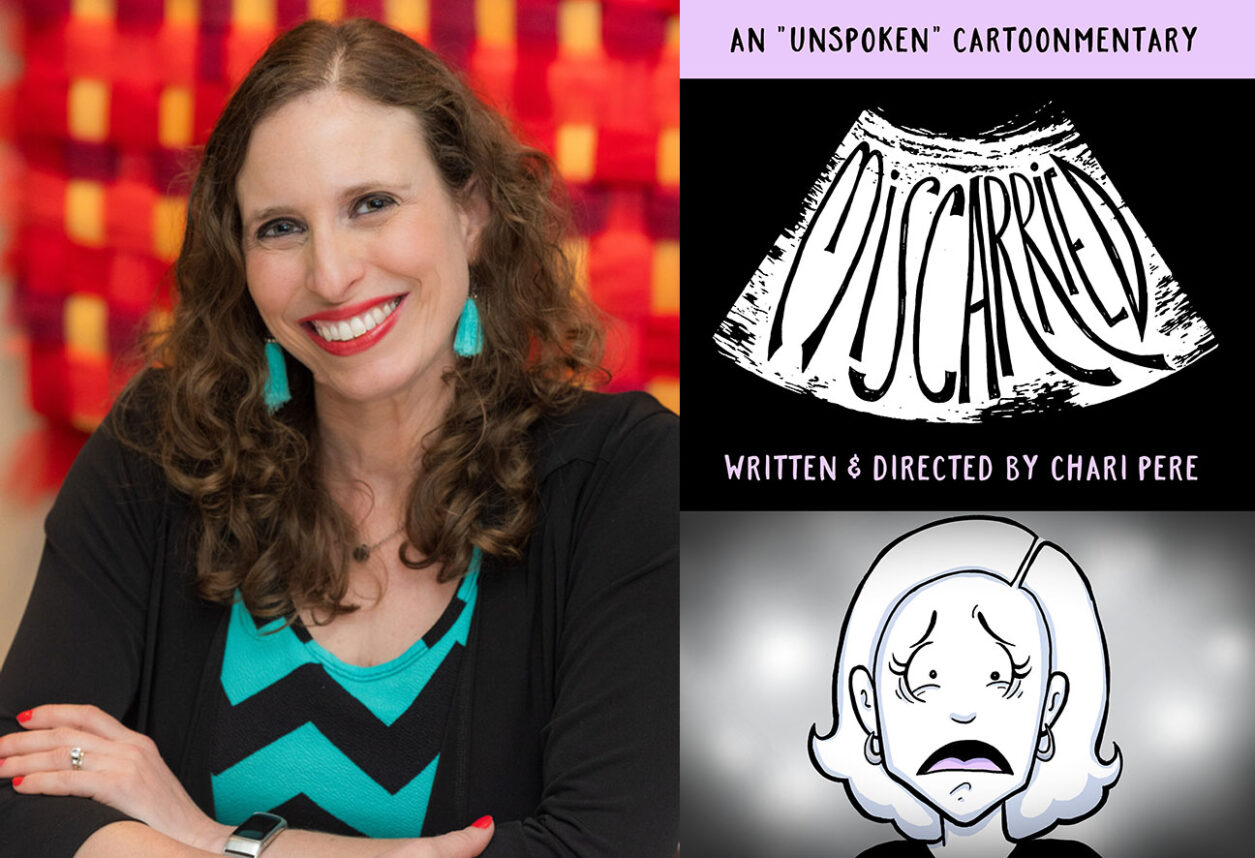By Ben Spielberg
When an addict is submerged in their drug, beverage, or behavior of choice, they tend to lose skill in terms of realistic reasoning. As a result, addicts tend to overcompensate by using faulty logic. The very same logical fallacies that Aristotle warned Athens about end up being used by scrawny dope fiends, obsessively compulsive gamblers, and only-after-5pm alcoholics. As a result, these are the most likely logical fallacies that one might hear if they hang around somebody in the act of addiction:
1. Tu Quoque
The fallacy of “you, too.” Also known as the appeal to hypocrisy, this fallacy is largely used by adolescents on the verge of a grounding. For instance: “Why can’t I drink if it is okay for you to drink?” The fallacy usually goes even further, especially with opiate users: “If you do Oxycontin, why can’t I do heroin?”
2. Two Wrongs Make A Right
It may sound obvious and cliche, but it is used a lot. For instance, somebody might rob a CVS because CVS is a chain store that puts smaller stores out of business. In another case, a sick addict might rob a drug dealer.
3. Ad Hominem
This is where the fallacies tend to hit home and get brutal. When somebody uses ad hominem, they do not attack with logic; they attack the person behind the logic. This tends to become intertwined with tu quoque, resulting in a vicious verbal blow Example: “Why would I listen to you? You never even finished college.”
4. Ad Populum
Appeal to the masses. This means that if a widely affirmed belief is held by a large enough group of people in one social circle, it becomes true. This can be especially dangerous, depending on the type of crowd one spends time with. Example: “All my friends do ecstasy at raves in the desert, therefore it is safe to do ecstasy at raves in the desert.”
5. Ad Misercordiam
This means the appeal to misery, or pity. After the grace period before substance/behavioral dependence kicks in (“pre-addiction”), user ends up feeling bad about themselves. As a result, they deflect their emotions and use them as an excuse to continue in active addiction. Example: “I have no one to get sober for,” or “I’m too sick and depressed to get a job.”
BONUS: The Gambler’s Fallacy
This is a classic statistical fallacy in which the gambler believes that they can be “due for a win.” It goes like this: “The roulette wheel landed on black and I bet on red three times already. Next time it has to land on red and I’ll get my big win!” This is incorrect and faulty logic because each spin is an independent event, and the previous spin has no effect on any spins in the future.
Did you enjoy this article?
You'll love our roundtable.
Editor's Picks



What Ever Happened to the LA Times?

Who Are the Jews On Joe Biden’s Cabinet?


No Labels: The Group Fighting for the Political Center
Latest Articles

Race to Erase MS Gala 2024: Where Glamour Meets Giving Back!


Artist Chari Pere Creates Cartoonmentary on Miscarriage


Chef Katie Chin: Heritage, Chinese Cooking and Chocolate-Raspberry Wontons










 More news and opinions than at a Shabbat dinner, right in your inbox.
More news and opinions than at a Shabbat dinner, right in your inbox.